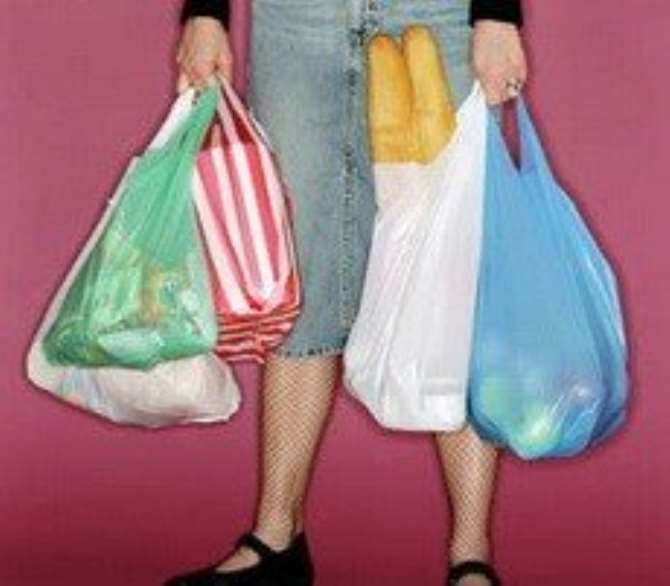In contrast to President Mahama’s announcement that government could move to ban the use of plastics, Zoomlion says dealing with plastics should be seen as an avenue for job creation.
According to PRO of the waste management company, Robert Coleman, government should tax producers of plastics and use the money to employ Ghanaians to collect plastic waste.
President John Mahama last weekend warned that government is getting exasperated with containing the menace and could soon ban their use “completely”.
Poor attitudes towards waste and waste management is partly responsible for a cholera outbreak last year which claimed 150 lives with about 30,000 infections. It is also believed that gutters choked with waste is partly responsible for flooding in the cities.

Plastic bags have been banned in Bangladesh since 2002, after being found to be responsible for the 1988 and 1998 floods that submerged most of the country.
In Ghana, President Mahama last Saturday, idolized the Rwanda example where the menace of plastics was completely wiped out with a law in 2008.
He wants Ghana to go that path, if attitudes and actors persist in creating plastic waste.
But according to Robert Coleman, Ghana is different from Rwanda especially given the unemployment gap. In Ghana, he said, there is “huge unemployment”.
In Ghana too, he pointed out that “whether we like it or not, people will be reckless” and drop waste as they go.
With his suggestion that the Ghanaian is genetically reckless, the PRO of the waste management company is advocating for management not prohibition as a solution.
Putting a figure to his employment model for pollution, Robert Coleman said that about 64,000 people can get jobs collecting garbage.
He gave the breakdown that Ghana has 216 Metropolitan, Municipal and District Assemblies (MDAs), each of which could take 300 people to plastic waste for recycling.
Although there are laws that could deal with the menace if they were enforced, Robert says “enforcement is weak”.
Robert does not discount the power of enforcement of laws against littering but says that could go hand in hand with the policy of paying people to collect waste.
The gigantic problem of Ghana’s plastic pollution is best seen in beaches where some have said there is more plastic waste than sand.
Some fishermen have complained of catching bottles and black polythene bags instead of fish when they go out to sea.
Although recycling has been proposed as a technological solution, sorting out plastic waste from other waste at home will require significant public sensitization.
As a non-biodegradable substance, plastic takes at least 20 years to decompose. It takes a maximum of 5 years for cocoa, Ghana’s leading cash crop, to become a tree.
Plastic bags are produced from polymers derived from petroleum. The amount of petroleum used to make a plastic bag would drive a car about 11 metres. (12 yards)
Throwing away some 100 billion plastic bags is equivalent to dumping nearly 12 million barrels of oil on the streets.
Story by Ghana|Myjoyonline|Edwin Appiah|[email protected]
This article has 0 comment, leave your comment.

